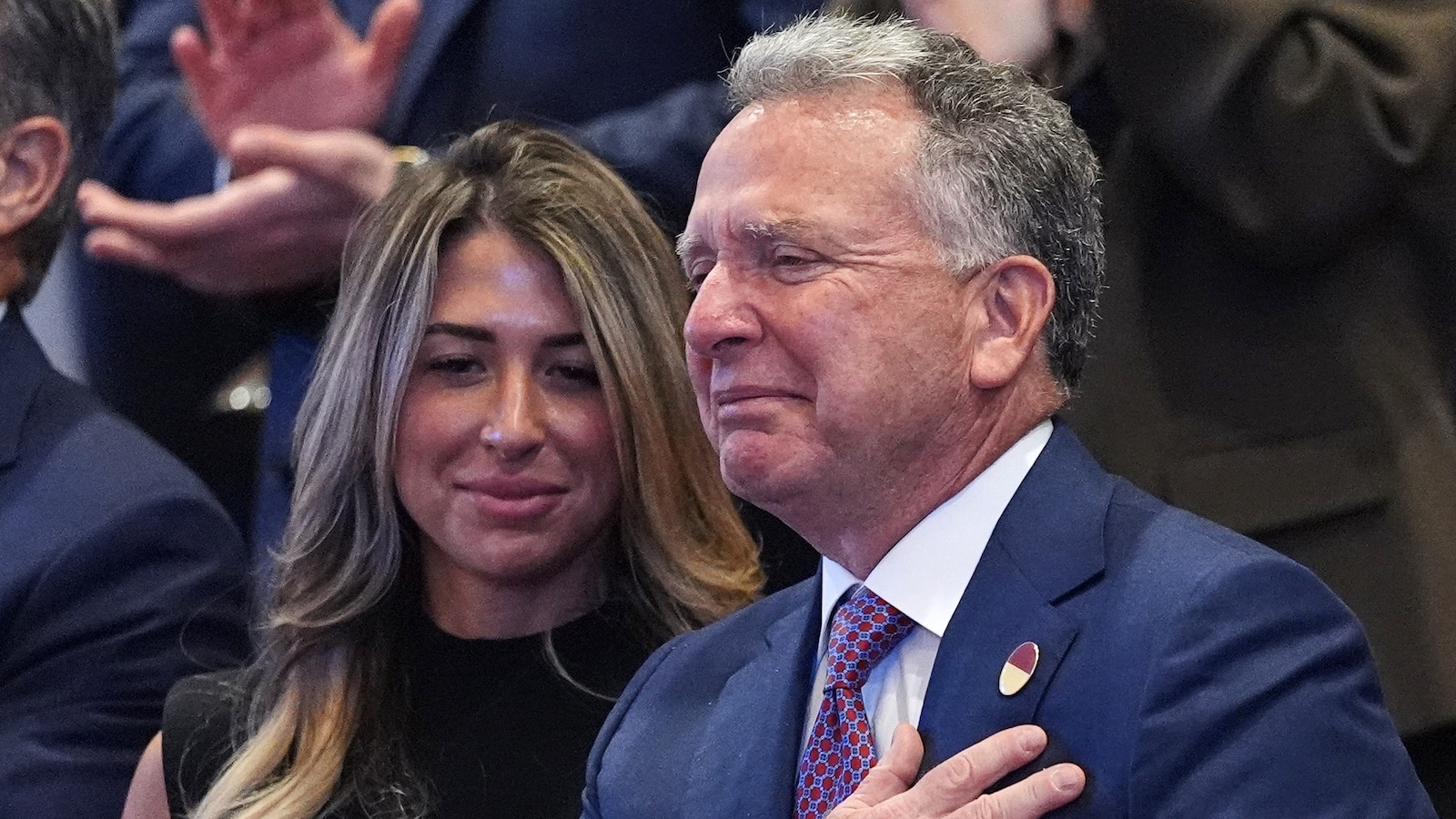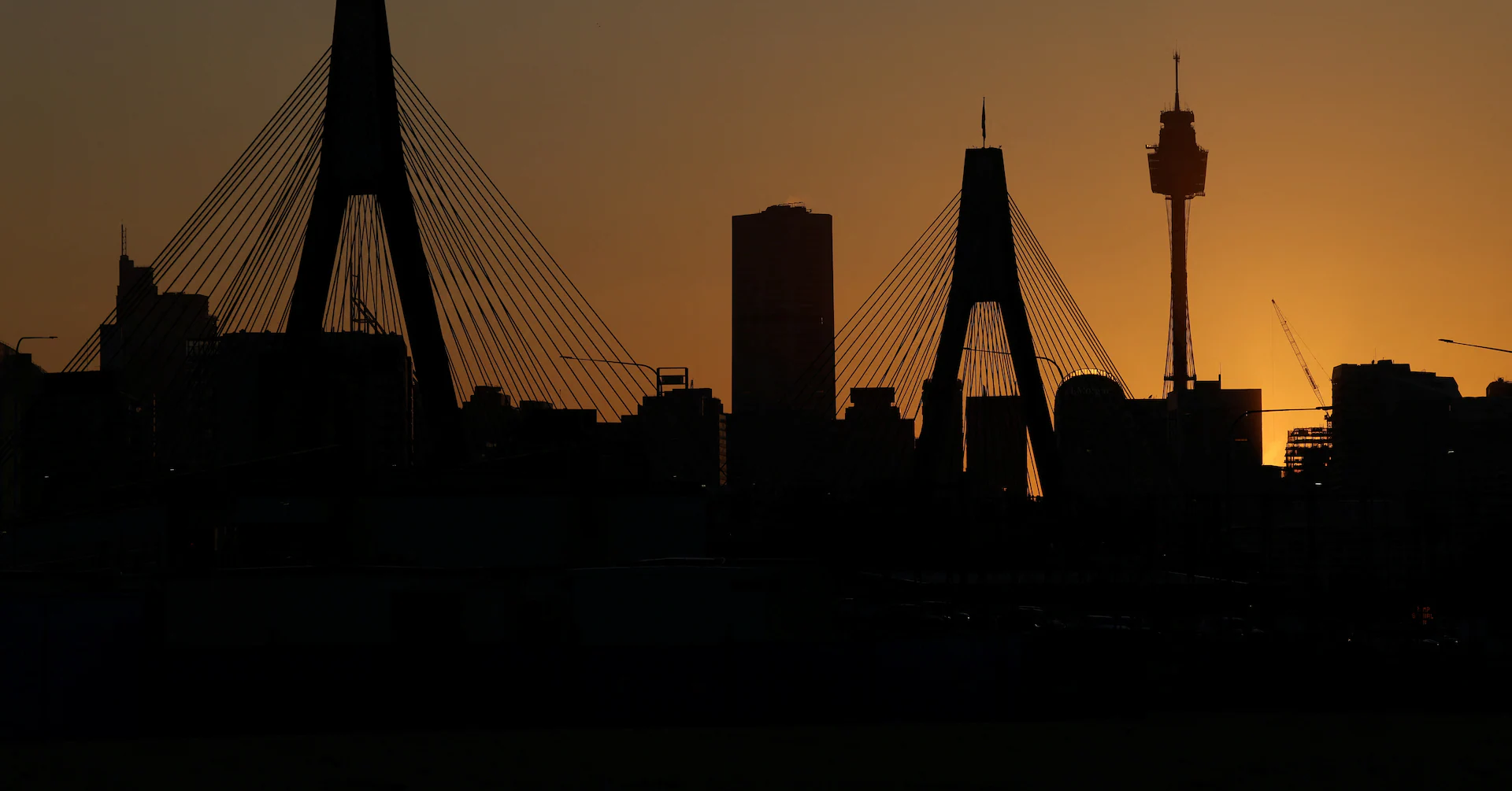Copyright ABC News

Amid renewed and heightened tensions between cells of the terrorist group Hamas and Israeli forces in Gaza, U.S. negotiators including Special Envoy to the Middle East Steve Witkoff and President Donald Trump's son-in-law and businessman Jared Kushner arrived in Israel overnight Monday to bolster a shaky ceasefire agreement and to continue implementation of the second phase of the president's 20-point Gaza plan. Their visit comes a day after Israel launched its fiercest wave of attacks in Gaza over the weekend since a fragile ceasefire took effect. Witkoff and Kushner's travel to the region was planned before the apparent ceasefire violations had occurred, according to a Trump administration official. Israeli Prime Minister Benjamin Netanyahu said in a statement that Hamas had violated the ceasefire and vowed to go "forcefully" after Hamas terrorists. On Sunday, he decided to close all crossings to the Gaza Strip and halt the delivery of humanitarian aid in response to Hamas' violation of the ceasefire. Israel has since said it has reversed course and will continue to allow aid into Gaza this week. Hamas' military wing, for its part, denied any involvement and emphasized it is fully committed to the ceasefire. The deadly weekend flare-up is the latest test for the agreement signed with fanfare one week ago as President Trump flew to the Middle East to celebrate a diplomatic victory, including Hamas releasing the remaining living Israeli hostages. During a meeting in the Cabinet Room Monday, Trump acknowledged Hamas was in violation of the ceasefire due to a "rebellion" among its members but said he believed Hamas would stick to the terms of the agreement. "They're going to be very good, they're going to behave, they're going to be nice and if they're not, we're going to go in, we're going to eradicate them if we have to. They'll be eradicated, they know that," Trump said. Aboard Air Force One on Sunday, Trump told reporters that he thinks rogue Hamas militants were behind the escalations, but crucially suggested Hamas leadership wasn't involved. "We want to make sure that it's going to be very peaceful with Hamas. As you know, they've been quite rambunctious. They've been doing some shooting, and we think maybe the leadership isn't involved in that, that it's some rebels within,” Trump said. "It's going to be handled toughly, but properly." US officials acknowledge bumpy road ahead As envoys Witkoff and Kushner arrived in Israel Monday, Hamas said a delegation of its leadership arrived in Cairo to "follow up on the implementation of the ceasefire agreement with the mediators." Vice President JD Vance indicated he too may visit Israel later this week to follow up on negotiations, to "check on how things are going" in the region. Vance acknowledged the negotiations are going to be "complicated," and U.S. officials have urged caution in recent days, suggesting the next phase will play out in several weeks and months to come. "There are going to be fits and starts," Vance told reporters Sunday night. "Hamas is going to fire on Israel; Israel is going to have to respond. Of course, there are going to be moments within Gaza where you're not quite sure what they're actually doing." "I think it would be kind of absurd for the president to say Hamas is going to be disarmed in three or four days from now," Vance said, adding, "we don't even have the security infrastructure in place - meaning the Gulf and Arab States, our allies - don't have the security infrastructure in place yet to confirm that Hamas is disarmed." “So, we think that it has the best chance for a sustainable peace. But even if it does that, it’s going to have hills and valleys, and we’re going to have to monitor the situation," Vance said. U.S. officials appear dug in to make sure implementation of the Gaza peace deal doesn't fall apart and is successful as negotiations tentatively enter the next phase, which includes disarming Hamas and demilitarizing Gaza, continuing the return of the bodies of the deceased hostages, regulating the delivery of humanitarian aid into Gaza, and establishing an international stabilization force that would aim to maintain security in Gaza. "Phase one was very hard. Phase two could potentially be even harder," Kushner says Without an established local Palestinian government or an international stabilization force in place to manage the situation in Gaza, negotiators have said they are not surprised rogue elements of Hamas are seeking to make trouble within the power vacuum. "Hamas right now is doing exactly what you would expect a terrorist organization to do, which is to try to reconstitute and take back their positions," Kushner said in a joint interview with Witkoff on CBS' "60 Minutes" that aired Sunday. Kushner said the success or failure of the Gaza peace deal would depend on whether Israel and the international mechanism could create a viable alternative to Hamas. "If they are successful, Hamas will fail, and Gaza will not be a threat to Israel in the future,” he said. Kushner said as of now, the agreement is that the international stabilization force will build a local Palestinian police force, followed by an agreement "reached between them on how to create a secure and viable Gaza." Kushner added that they have begun "putting out feelers" to organize an interim government. Hamas will also have an opportunity to turn in their guns and other weapons, Witkoff said. "We're going to have a weapons buy-back program. This is all linked to amnesty and disavowing violence if Hamas people want to stay there. We are well on top of it," he said. Success in Gaza hinges on deconfliction, including among negotiators Kushner described how various Gulf nations are seeking various levels of involvement to help push forward the peace deal, underscoring the difficulty in presenting a unified front at this current stage of negotiations. "There's just a lotta miscommunication that stalls and holds up some of these efforts. So, getting all sides' perspectives and finding a mechanism to get quick adjudications, and the right adjudications, is something that's very necessary to put in place," Kushner said. He added that right now, the focus in the region is still on deconfliction and getting humanitarian aid into Gaza. "You have to make sure that we're dealing with both sides and sending messages so that you don't let embers become little fires that become forest fires," Kushner said. "So, we're working on deconfliction, humanitarian aid." Witkoff acknowledged a "master plan" is in the works to rebuild Gaza and estimated a price tag in the range of $50 billion. "It might be a little bit less; it might be a little bit more. I happen to think that that's not a lot of money in that region," Witkoff said, adding that the tab could be picked up by Gulf nations and European counterparts, and that contracts would be awarded through the "Board of Peace," headed by Trump.



